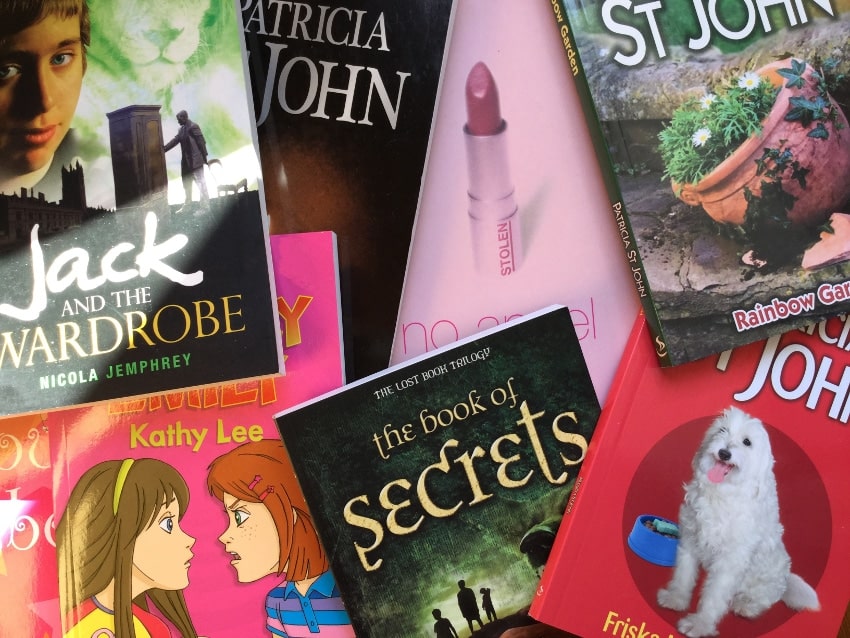‘Children don’t read!’
It seems like an undeniable truth. In these days of gaming, smartphones and tablets, books and reading are achingly out of date. No point in asking children to read anything longer than a sentence, because they’ll just switch off.
But let me tell you a little secret: children do read.
Not all children, admittedly, but more children than you might think love to open a book (or Kindle) and immerse themselves in a world of imagination. Search on Amazon or browse your local bookshop shelves and you’ll find a thousand new worlds for children to explore.
Yet, sometimes we think children should read safe and reassuring books, because we want to protect children from certain aspects of contemporary life. However, there is great value in helping children explore different events and emotions without having to encounter them in their own lives. Here’s Rosemary Stones, writing in the children’s magazine Books for Keeps:
“Such titles about frightening and dangerous aspects of society afford young readers a safe way to explore the pressures and expectations of the contemporary world, to imagine themselves in the protagonists’ shoes and reflect on the choices they make and the situations in which they find themselves. It was ever thus with fiction – an imaginative engagement is on offer that can help the reader to make sense of the world, whether by empathising and identifying or by experiencing horror or anger at what is depicted.”
It’s the same for faith development. Fiction books which deal with difficult aspects of life (such as family break-up or bullying) through a Christian lens help children experience the consequences of the choices the characters make, reflect on what they would do and explore how things might turn out if Jesus were part of that situation. Fiction books can be key discipleship tools!
Quality children’s fiction with a Christian ethos is out there. The most obvious of all is CS Lewis – how many people have been influenced by reading the Chronicles of Narnia series? However, he’s not the only author. Patricia St John wrote her first children’s book in 1949, but the power of her storytelling and the thread of faith running through the books (such as Treasures of the Snow) make them as strong a discipleship tool today as when they were written.
Kathy Lee’s stories of modern life confront issues such as bullying, blended families and body image, while providing a sensitive and realistic faith element to help the reader make sense of the narrative as it unfolds. Eleanor Watkins centres her storytelling on a group of girls, so that children get familiar with the lives and stories of one set of characters. Hannah MacFarlane retells biblical stories from the point of view of children, helping the reader imagine themselves inside the narrative.
Faith fiction books can help parents talk about faith in a way that isn’t cringe-worthy or forced. Together, parent/carer and child can chat naturally about faith while discussing the story and characters. They can help children’s workers foster faith development. They can help children see the effects of different choices and reflect on how they might act, and how Jesus would make an impact. Rather than just being a Sunday School prize, Christian fiction books can be a dynamic way for children to meet with Jesus, discover more about him and grow in their faith.
Alex Taylor is the Children’s Ministry Trainer for the Diocese of London, a volunteer youth worker and an avid reader.
